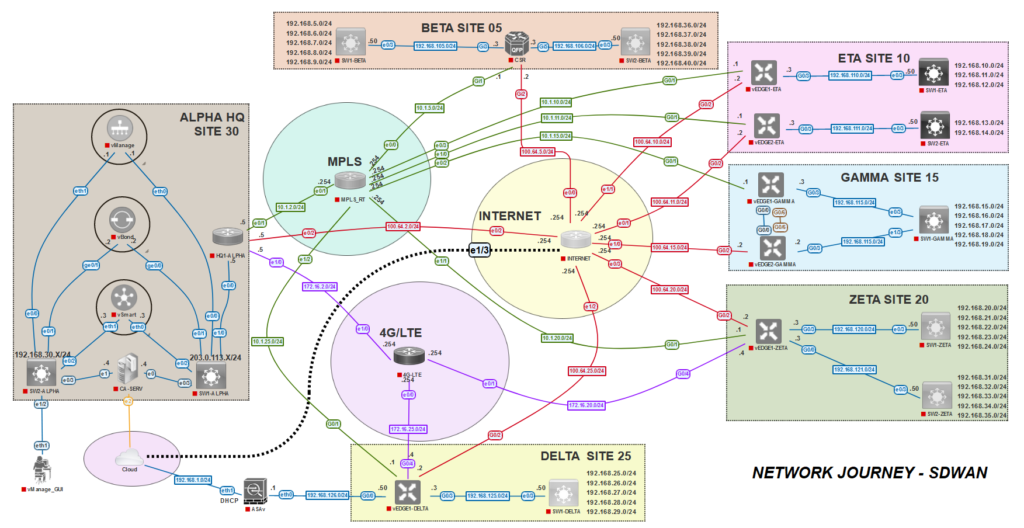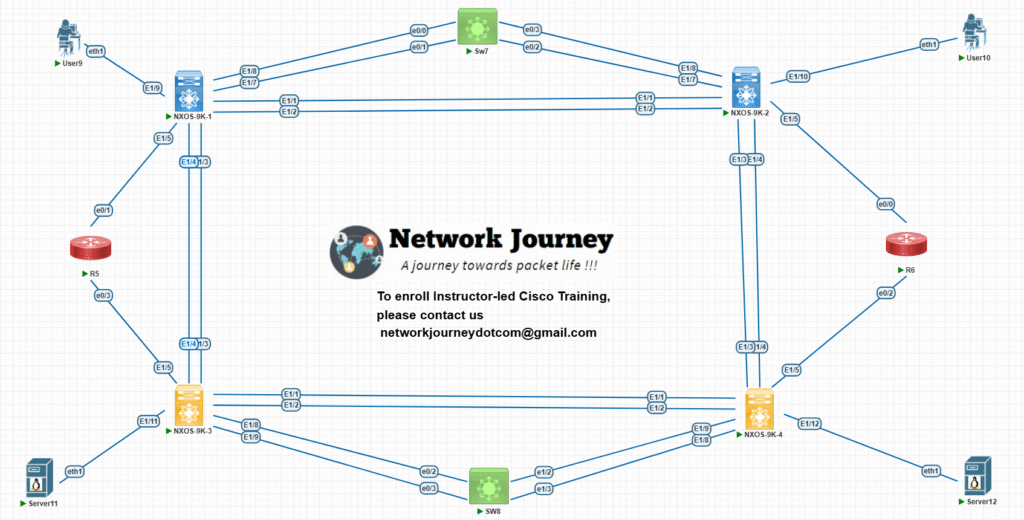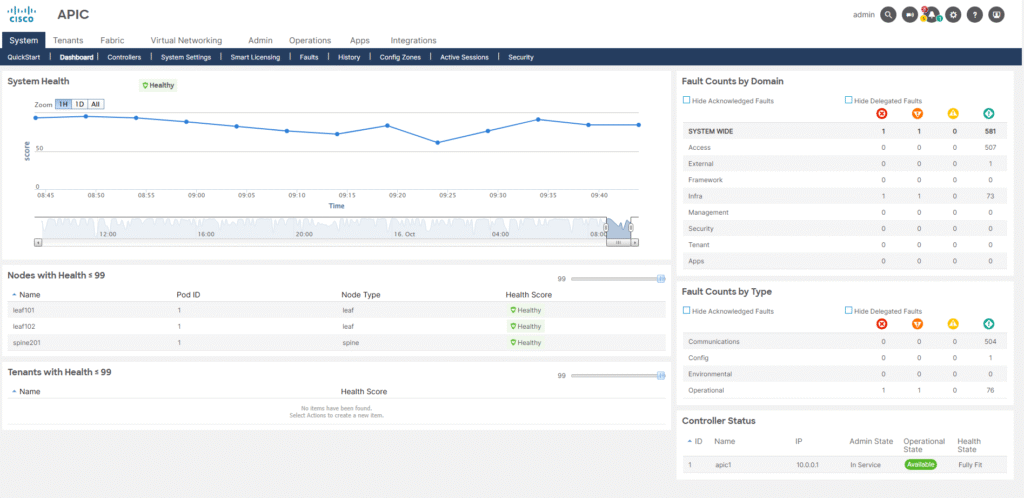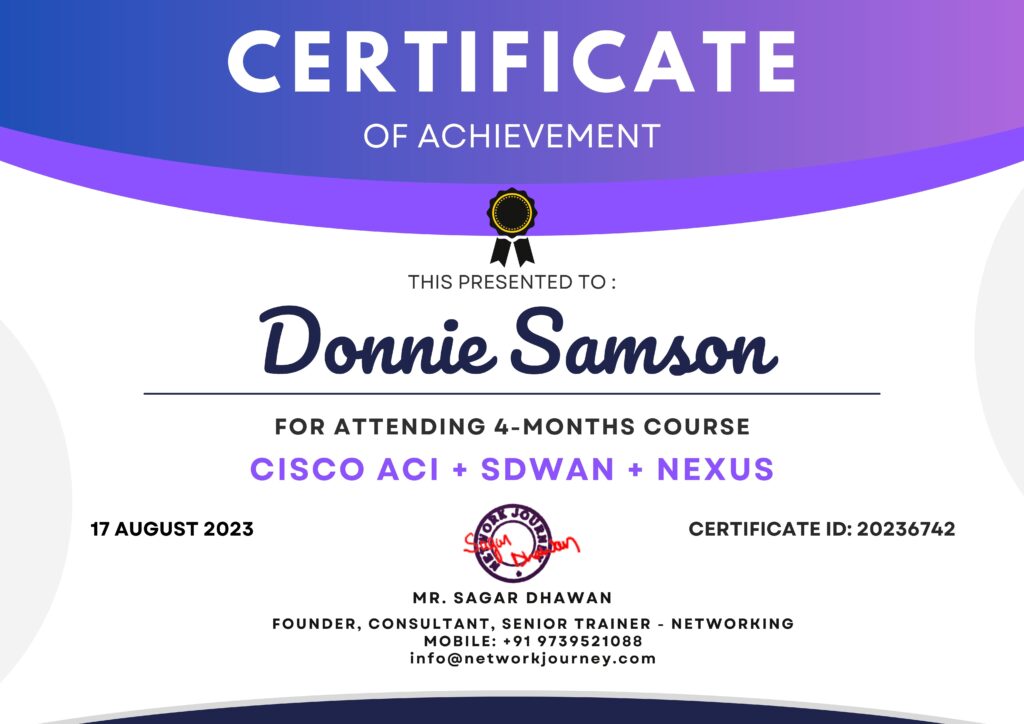SDN Orchestration
Cisco ACI + SDWAN + Nexus
Collections Of Cisco ACI + SDWAN + NEXUS under Single Bundle Combo Kit
- 100 hours of Online Instructor-Led Training.
- Latest [2025] & Updated Course Content.
- 13+ Years Industry Experienced & professional trainers.
- 1 to 1 Mentoring for quality results.
- 100% passing score.
- 24*7 Unlimited Lab Access.
- Reading Notes, PDF, Class PPT & Workbooks.
- [Bonus] VxLAN 5-Hours Self-paced Videos
Learn, Lab & Get Placed
Register 1-Free Trial Class
You Learn Nexus, ACI, SDWAN & VxLAN Under Single Package with In-Depth Lab Experience!
Get VXLAN Course for Free, Enroll Today !





